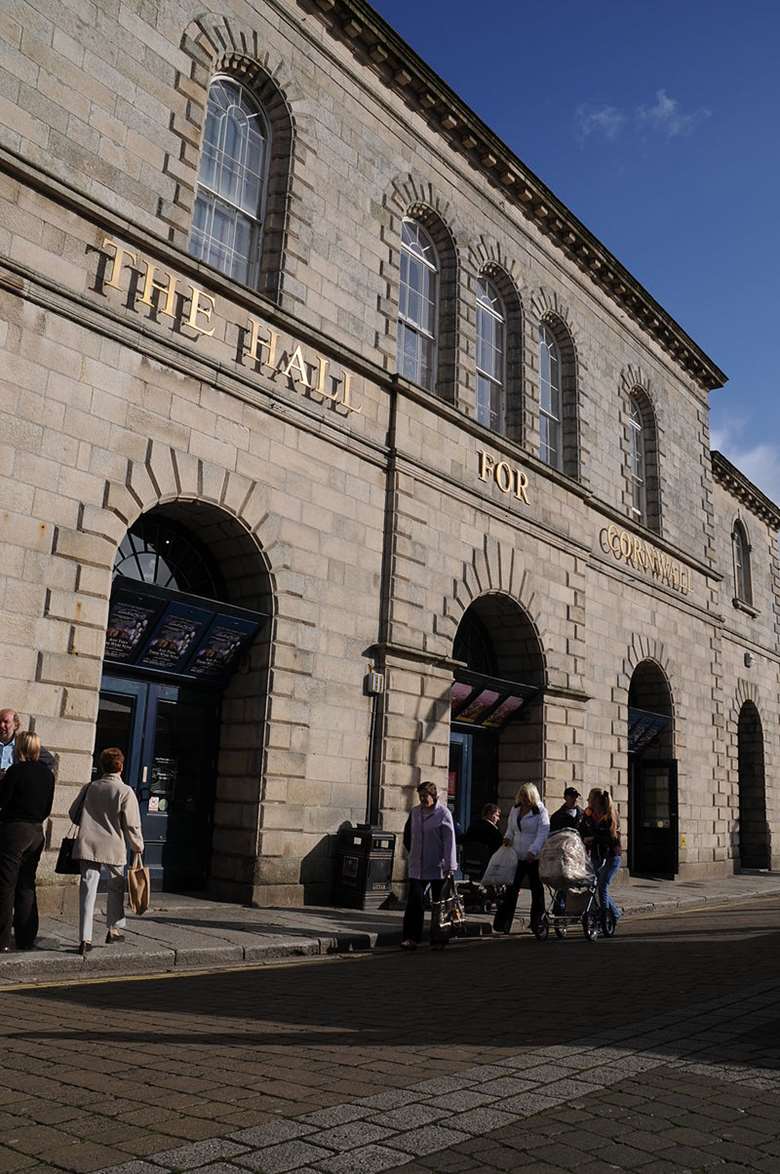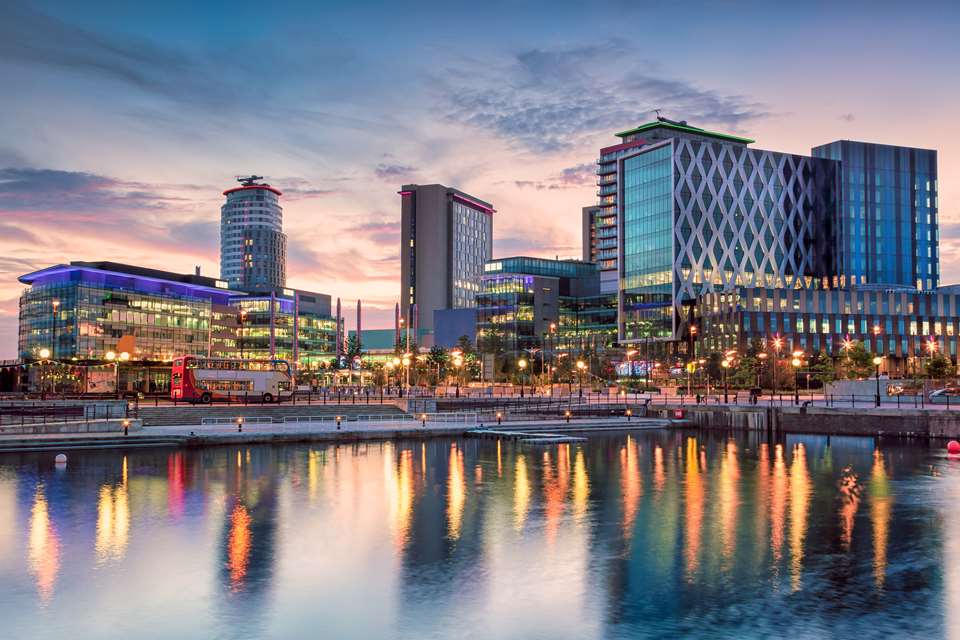The Long View | If the BBC cares about the regions, the Concert Orchestra must move south west
Andrew Mellor
Monday, April 19, 2021
Certain parts of the country are consistently overlooked by the BBC, argues Andrew Mellor

Photo: Matt Jessop

Register now to continue reading
Don’t miss out on our dedicated coverage of the classical music world. Register today to enjoy the following benefits:
- Unlimited access to news pages
- Free weekly email newsletter
- Free access to two subscriber-only articles per month
